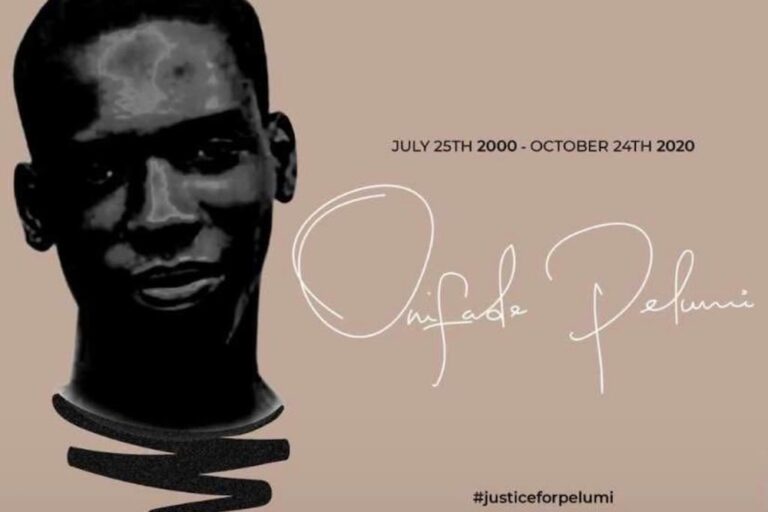(ARTICLE 19/IFEX) – According to ARTICLE 19, the European Council of Ministers is likely to water down measures designed to penalise the Nigerian regime when the EU Common Position renewal is agreed next week. Measures adopted by the EU in 1993, when the Nigerian military anulled democratic elections, were reaffirmed in 1995. ARTICLE 19 has […]
(ARTICLE 19/IFEX) – According to ARTICLE 19, the European
Council of Ministers is likely to water down measures designed to
penalise the Nigerian regime when the EU Common Position renewal
is agreed next week.
Measures adopted by the EU in 1993, when the Nigerian military
anulled democratic elections, were reaffirmed in 1995. ARTICLE 19
has learned that exceptions are likely to be introduced to restrictions on
visas – the hardest hitting of the EU’s package.
The renewal will go through on the nod, once there is agreement to the
exceptions. At least one delegation is believed to be uncomfortable about
the changes.
Malcolm Smart, Deputy Director of ARTICLE 19 asked:
“What are the grounds for easing pressure on the Nigerian regime? So
far not a single political prisoner has been released, the political playing
field slopes firmly towards the existing regime with no democratic
reform in sight, and arbitrary harassment and detentions continue. If
anything, the human rights situation in Nigeria is worse than in 1995
when the Common Position was adopted.”
The Common Position, adopted in two parts in November and
December 1995, ‘condemns the human rights abuses perpetrated by the
military regime’ and expresses ‘particular concern at the detention
without trial of political figures and the suspension of habeas corpus’ –
the situation remains unchanged on both issues.
The measures expected to be weakened by the Council of Ministers next
week are the following:
and their families
Federal Executive Committee and their families
visas to official delegations and national teams.


